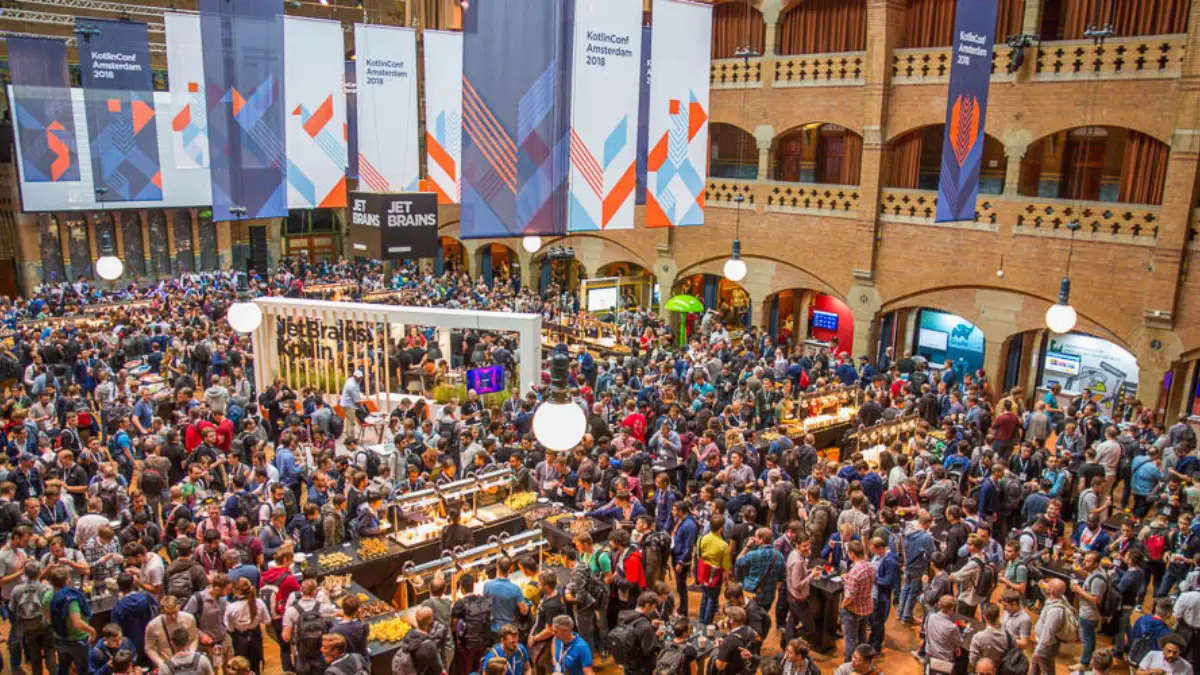
Summary of KotlinConf 2018

For those not familiar with Kotlin, it is one of the new generation of programming languages incrementally taking over from Java. Its creation and continued evolution is driven by JetBrains - the software tools company best known for the IntelliJ IDE, TeamCity CI tool and ReSharper C# Visual Studio plugin.
Instil was a sponsor of the conference, an exhibitor in the main hall and the organiser of one of the conference workshops on Full Stack Kotlin.
Highlights from the Keynote
All keynote talks from the event can be viewed online but one for essential viewing is the keynote by Andrey Breslav, which contained major announcements on the future of the language.
- Kotlin 1.3 will soon be here and will include the final version of coroutines, inline classes, contracts, improved type inference and the beta version of Kotlin Native.
- Tool support for the different platforms supported by Kotlin is being widened and unified
- Meta-programming will not be part of the Kotlin language, except through the Compiler API which will soon be stablized and made available for general user

Other major themes
The Kotlin community is maturing and spreading out extremely quickly...
Almost everyone attending seemed to be using Kotlin in earnest on real-world applications, most of which were already in production.
Kotlin is no longer just for Android
The conference included presentations on game development, graphics programming, data science and cloud computing so it's safe to say that Kotlin is being used for mainstream applications.
The emergence of new frameworks
Up to this point, Kotlin developers have been content to work with existing JEE frameworks like Spring, instead of reinventing the wheel and creating their own ecosystem of specialised libraries.
This now appears to be changing, within the world of Web Frameworks. If you want to write a RESTful Service in Kotlin you now have the choice OF kTOR, http4K, Jooby and certainly an indicator of growing confidence in the language.
The future is Functional
The Arrow library adds advanced Functional Programming concepts to the Kotlin language and enables it to be used to create purely functional architectures, a job previously thought best suited for Scala , F# or Haskell. This pushes the existing language right to its limits, so it was great to hear that Arrow developers and Kotlin compiler team are working together on the addition of Typeclasses (a key FP concept) to the language.

To sum up
This was a great conference. It was great to see how many inroads Kotlin is making into both the Java community and software development in general. We will hopefully be looking forward to 2019 KotlinConf and the ability to be able to network with other Kotliners again!
The second ever KotlinConf took place in Amsterdam from 3rd-5th October 2018 and having missed last year's event, the Instil team were looking forward to a thought-provoking conference over the next few days.